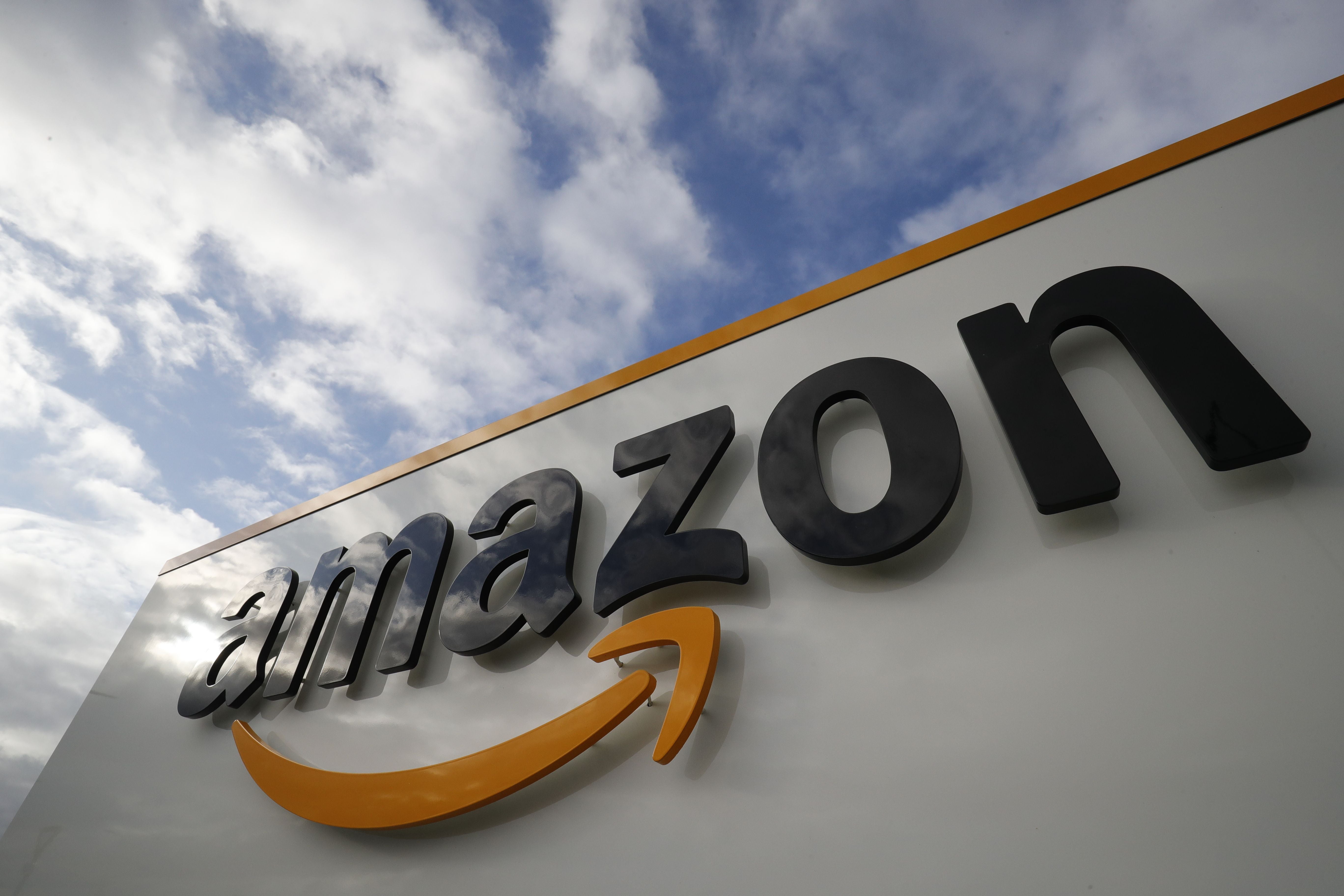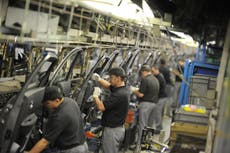Amazon stops alcohol sales in Northern Ireland due to Brexit rule
More products are likely to be delisted in coming weeks

Your support helps us to tell the story
From reproductive rights to climate change to Big Tech, The Independent is on the ground when the story is developing. Whether it's investigating the financials of Elon Musk's pro-Trump PAC or producing our latest documentary, 'The A Word', which shines a light on the American women fighting for reproductive rights, we know how important it is to parse out the facts from the messaging.
At such a critical moment in US history, we need reporters on the ground. Your donation allows us to keep sending journalists to speak to both sides of the story.
The Independent is trusted by Americans across the entire political spectrum. And unlike many other quality news outlets, we choose not to lock Americans out of our reporting and analysis with paywalls. We believe quality journalism should be available to everyone, paid for by those who can afford it.
Your support makes all the difference.Amazon has stopped selling wines, beers and spirits to its customers in Northern Ireland as it grapples with new post-Brexit customs rules.
The retail giant suspended alcohol orders in late December, following the publication of the UK/EU trade deal. Amazon is concerned that it will have to pay the excise duty tax twice on all shipments from the British mainland across the Irish Sea to Northern Ireland, ITV reported on Tuesday.
There may be more products delisted in coming weeks, the broadcaster reported, citing industry sources as saying that items including pet foods and some over-the-counter medicines may no longer be shipped to customers in Northern Ireland as the company navigates fresh customs regulations.
From 1 April, all products of animal origin sent from mainland Britain to Northern Ireland will need an Export Health Certificates (EHC) signed off by a vet. Big suppliers have been given a three-month grace period in which to adjust to the new measures.
Amazon fears that these regulations will hinder trade by raising costs and causing hold-ups at the border.
In order to avoid a hard border on the island of Ireland after the UK’s exit from the European Union, a customs border was created down the Irish Sea, meaning Northern Ireland remained part of the single market for goods after the rest of the UK departed.
This has led to trade across the Irish Sea being disrupted, with major retailers cancelling deliveries due to the inconvenience of customs paperwork.
Earlier this month, major UK supermarkets warned the government that “urgent intervention” is needed to prevent significant disruption to Northern Ireland food supplies.
Bosses at Tesco, Sainsbury’s, Asda and Marks & Spencer told cabinet office minister Michael Gove that the "current proposals, increased bureaucracy and certification in such a short timescale, are unworkable”. They urged the government to agree to a long-term solution with the EU before the end of the grace period.
Announced the grace period in December, the government said the policy recognised "the unique circumstances of Northern Ireland, the impacts of any disruption to parcel movements in the context of the Covid-19 pandemic and specific challenges for operators moving express consignments".
In a statement, a spokesperson from Amazon said: “We are planning and preparing for 1 April end of the grace period so we can continue to serve our customers in Northern lreland who count on Amazon with the broadest possible selection of products.”
A government spokesperson said: “These goods will not be taxed twice, and we will issue new guidance clarifying the position to ensure any remaining issues are addressed.”
UK businesses have recently claimed that they are being encouraged by government officials to set up new hubs in the EU to avoid Brexit trade disruption.



Join our commenting forum
Join thought-provoking conversations, follow other Independent readers and see their replies
Comments